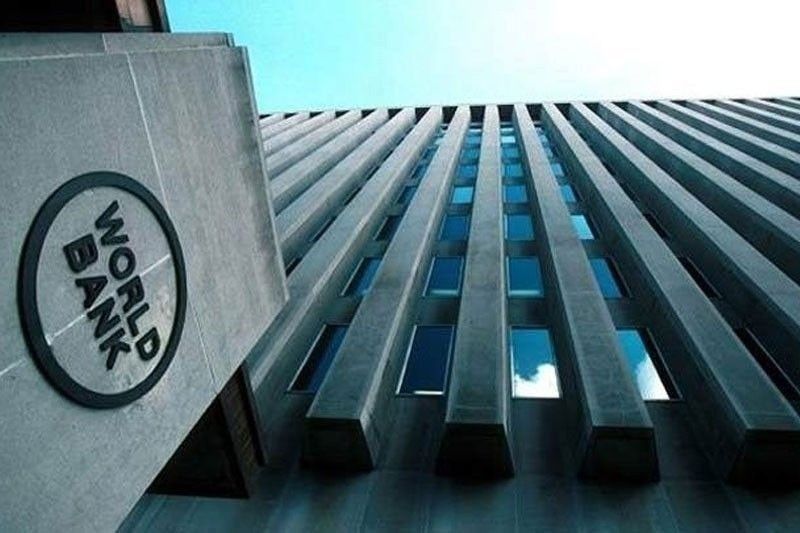Energy sector needs net-zero transition fast, says World Bank

MANILA, Philippines — The Philippine energy sector will have to grow rapidly to support the country’s ambition of ending poverty and becoming a prosperous middle-class society by 2040, the World Bank said.
With final energy demand in the Philippines seen tripling between 2020 and 2040, the World Bank in its latest report said the country’s energy sector needs to overcome the dual challenges of meeting fast-growing demand and transforming its fossil-fuel-based infrastructure while keeping the energy supply secure, reliable, and affordable.
The World Bank believes that the country would benefit from an energy transition toward low- and zero-carbon alternatives.
It said a clean energy transition would enhance the country’s energy security by substantially increasing the use of indigenous and renewable energy resources while reducing its reliance on imported fossil fuels.
The World Bank report indicated that a cleaner energy future is expected to be more affordable, given the global trends of declining costs related to deploying and integrating solar and wind power.
Further, it said reducing fossil fuel consumption, particularly by electrifying urban transport and reducing the use of coal in power generation, would improve public health.
“Given that an increasing number of multinational firms are setting their own net-zero targets and examining their supply chains to achieve their climate commitments, greening the power supply through an energy transition would help the Philippines stay competitive and attract foreign investments,” the World Bank said.
Feng Liu, World Bank’s senior energy specialist and infrastructure program leader for the Philippines, said the country’s energy sector is heavily dependent on imports and also has among the highest energy prices in the region.
On the brighter side, however, he said the Philippines is not saddled with explicit energy subsidies like in some countries in the region.
Other advantages of the Philippine energy sector are the abundance of renewable energy resources, as well as its private sector driven development.
“But the underlying message is if the Philippines is going for the accelerated decarbonization in the power sector, it really needs international help, including the share of the cost burdens of that incremental cost we mentioned before,” Liu said.
“So without that, if purely thinking from a national interest, it is very difficult for the Philippines to go for this higher carbon emissions reduction. We really need the international community to come in, to work with the government, not just providing technical assistance, but also providing real financial assistance, “ he said.
To build a solid foundation for the country’s energy transition and accelerate such shift, the World Bank has recommended for the increase in the implementation of utility-scale solar and wind power projects to bring variable renewable energy sources to a tipping point in power generation, as well as pursuit of the LNG-to-power program to secure reliable power supply and increase the system flexibility.
The World Bank also recommended the improvement of power system planning to better guide energy transition investment decisions, as well as the establishment of a framework for addressing the early retirement of coal-fired power plants and ensuring a just energy transition.
- Latest
- Trending
































